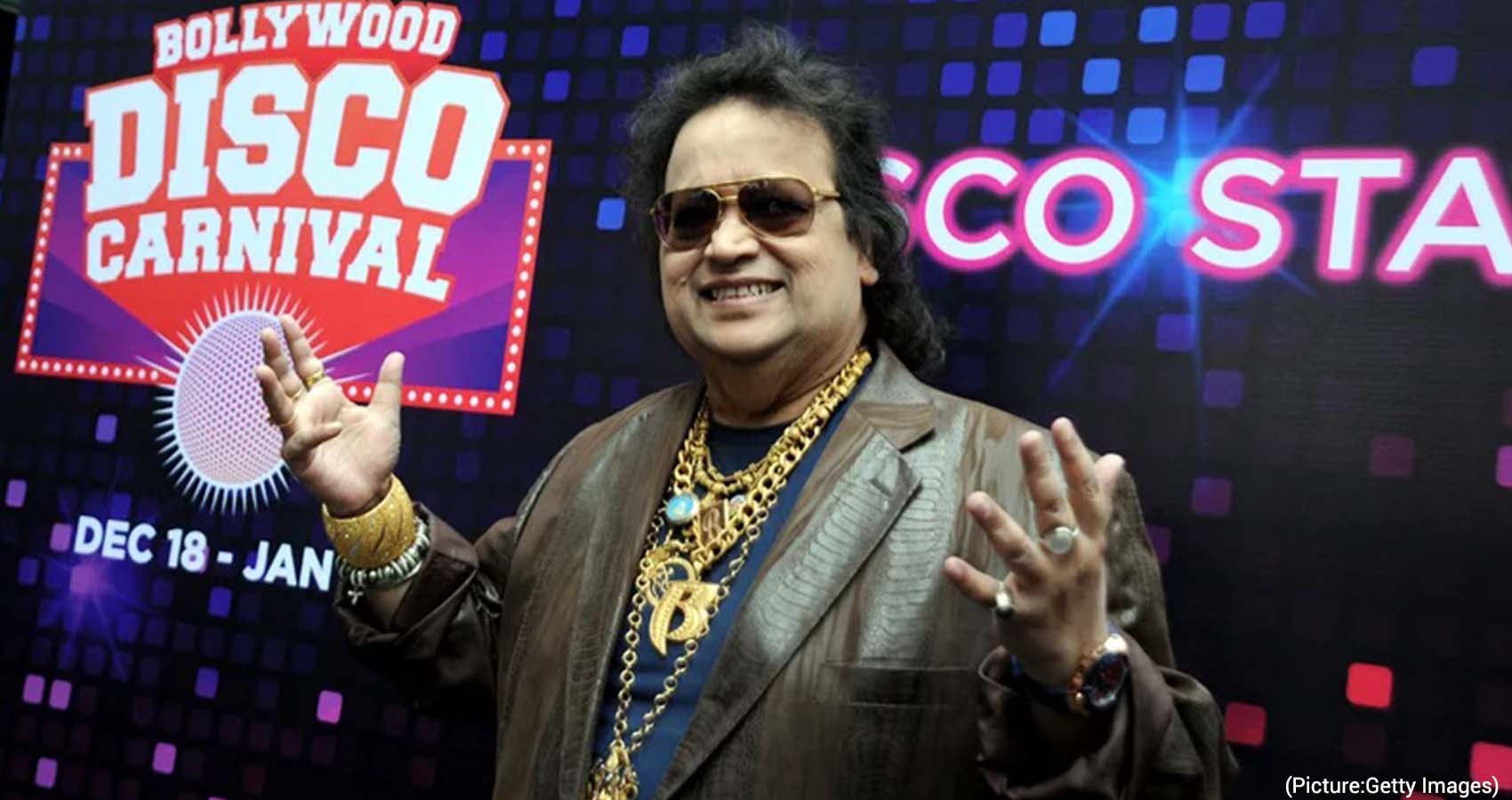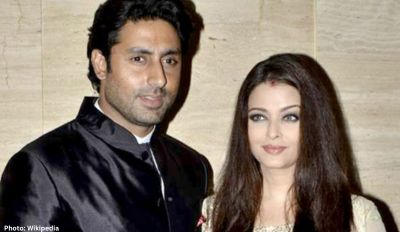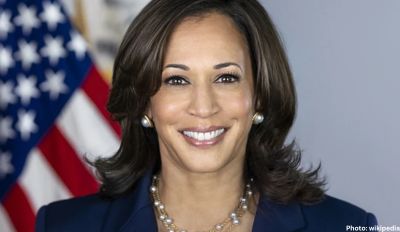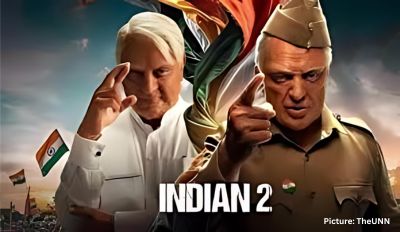Veteran singer-composer credited with popularizing disco music in India passed away in Mumbai city on Wednesday, February 16th. India’s first “Disco-King,” Alokesh alias Bappi Lahiri, 69, – nephew of the legendary trio of late Ashok Kumar, Kishore Kumar and Anoop Kumar, breathed his last at the Criticare Hospital, Juhu in Mumbai, said the hospital Director Dr. Deepak Namjoshi.
“He had been admitted to the hospital for a month and was discharged on Monday. But his health deteriorated on Tuesday and his family called for a doctor to visit their home, after which he was brought to the hospital,” said Dr Joshi. He suffered from several health complications and died due to OSA (obstructive sleep apnea) last night, the medico added.
He had several collaborations with international stars, including English model and singer Samantha Fox in the 1995 Hindi film Rock Dancer and with Snoop Dogg on Punjabi song Patiala Peg in 2015.
Lahiri – who attained fame as India’s first ‘Disco King’ – is survived by his wife, Chitrani, daughter Rema and a son Bappa, who has taken to his dad’s musical career. In a statement later, the Lahiri family said: “It’s a deeply sad moment for us. We are seeking love and blessings for his soul.”
Born in West Bengal, Lahiri’s first composition was for a Bengali film, ‘Daadu’ (1972), followed by a Bollywood film ‘Nanha Shikari’ (1973).
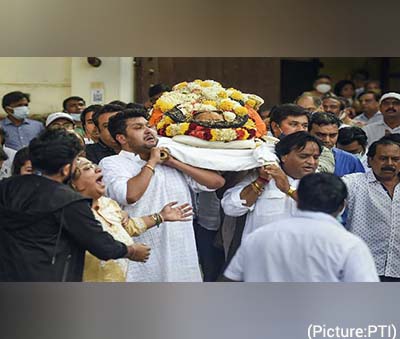 He arrived’ on the musical scene in a crescendo with ‘Zakhmee’ (1975) for which he composed music and also sang, pushing him to upper echelons at a very young age of barely 22.
He arrived’ on the musical scene in a crescendo with ‘Zakhmee’ (1975) for which he composed music and also sang, pushing him to upper echelons at a very young age of barely 22.
During his career, he directed top legends like Mohammed Rafi, Lata Mangeshkar, his ‘Mama’ Kishore Kumar, Asha Bhosale, Usha Uthup and many more to create waves with soulful, racy, vibrant and rhythmic music. He composed music for dozens of movies featuring top actors, including Amitabh Bachchan, Ajay Devgn and Mithun Chakraborty.
With the rise of hip-hop and break-dance culture in the latter half of the 80s, Lahiri took up the challenge and experimented with electro sounds on I Am a Break Dancer (Pyaar Karke Dekho), Break Dance (Kahan Hai Kanoon) and I Am a Street Dancer (Ilzaam), among others. Mithun Chakraborty and Govinda, two mega-stars in Bollywood known for their dance moves, became synonymous with Bappi’s compositions and vice versa. Govinda wrote on Instagram after Lahiri’s death that he would not have become a star without his music.
Lahiri created musical tsunamis with his compositions in ‘Chalte, Chalte’ (1976), ‘Suraksha’ with the pacy ‘Gunmaster G9’ becoming as popular as 007, and “Lahu Ke Do Rang” (both 1979).
Then followed ‘Manokaamna’ (1980) with several lilting numbers, ‘Wardat’ (1981), the raging music of “Disco Dancer” that had the nation dancing to his tunes with ‘Jimmy Jimmy, Aaja Aaja’, and ‘Namak Halal’ (both, 1982), the foot-tapping ‘Himmatwala’ (1983), ‘Sharaabi’ (1984) with the unforgettable ‘Log Kehte Hain, Main Sharaabi Hoon’, “Adventures of Tarzan” (1985) in which Kimi Katkar cavorted onscreen crooning ‘Tarzan, O My Tarzan’, ‘Dance Dance’ (1987).
Other films for which he composed memorable songs include ‘Commando’ (1988), ‘Prem Pratigya’ and ‘Guru’ (both, 1989). In 1990, he took the industry by storm with superhit music for ‘Naakabandi’ like the ever-green ‘Naakabandi-Naakabandi’ sung by Usha Uthup and Bappi himself, ‘Ghayal’, ‘Aaj Ka Arjun’, ‘Thanedaar’, ‘Sailaab’.
Later came films like ‘Dushman Devta’, ‘Sau Crore’, ‘First Love Letter’ (all, 1991), ‘Shola Aur Shabnam’, ‘Zindagi Ek Jua’, ‘Police Aur Mujrim’, ‘Geet’, ‘Tauheen’ (all, 1992), ‘Dalaal’, ‘Aankhen’, ‘Amaanat’ (1994), ‘Rock Dancer’ (1995), ‘Hum Sab Chor Hai’ (1996), ‘Benaam’ (1999), ‘Justice Chowdhary’ (2000), joint compositions for ‘Chandni Chowk To China’ (2008), ‘Baaghi 3’ (2020).
Lahiri also composed extensively for regional films in Bengali, Telugu, Kannada, Gujarati, Tamil. Besides, he also composed English songs, and flirted with politics briefly with the Bharatiya Janata Party.
Condolences poured in from top politicians and Bollywood celebrities. Prime Minister Narendra Modi tweeted that Lahiri’s music was “all-encompassing, beautifully expressing diverse emotions” and that “people across generations could relate to his works. His lively nature will be missed by everyone. Saddened by his demise. Condolences to his family and admirers. Om Shanti,” Modi added.
Top leaders, including President Ram Nath Kovind, Maharashtra Governor Bhagat Singh Koshyari, Chief Minister Uddhav Thackeray, Deputy CM Ajit Pawar, BJP’s Leaders of Opposition Devendra Fadnavis and Pravin Darekar, and others condoled the passing of Lahiri.
Oscar-winning composer AR Rahman tweeted his condolences and called Lahiri the “Disco King of Hindi cinema”. Leading Bollywood actor Akshay Kumar said Lahiri’s voice “was the reason for millions to dance, including me. Thank you for all the happiness you brought through your music,” he wrote on Twitter.
From the film industry, actors Vidya Balan, Shakti Kapoor, Roopali Ganguly, Deb Mukherjee, singers Udit Narayan, Shaan, Abhijeet Bhattacharya, Mika Singh, producer Bhushan Kumar, filmmaker KC Bokadia, who had worked with the composer in his 1990 Amitabh Bachchan starrer “Aaj Ka Arjun”, attended the cremation.
Fondly called ‘Bappi Da’ by his fans and friends from the industry, the 69-year-old was credited for revolutionising the disco sound for Hindi film music landscape in the 70s and 80s and continued to churn out hits in a career spanning five decades.
Lahiri’s output was prolific and in 1986 he entered the Guinness Book of World Records for recording more than 180 songs for 33 films. It’s no surprise that, as the man whose soundtracks gave Indian cinema a youthful injection throughout the 80s and 90s, Lahiri had a sense of style as loud as his music. Over the years, Lahiri had crafted the image of a pop icon aided by his trademark gold chains that he wore for luck, his sunglasses.

